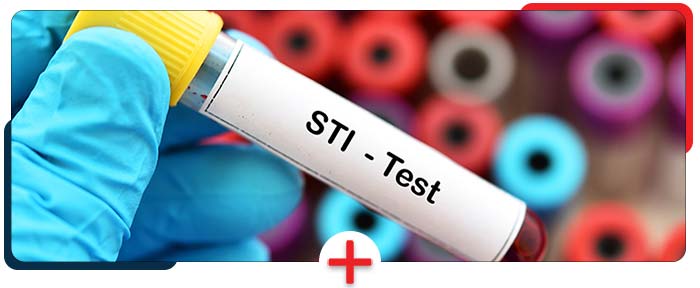Home » Clio MI STI Testing Clinic
You cannot copy content of this website, your IP is being recorded
STI Testing Clinic in Clio, MI
Common questions asked by patients: What are the early signs of an STI? How do I know if I have an STI? Can STIs cause long-term health problems? How are STIs treated? Are STIs contagious during all stages of infection? For more information please contact us or simply walk in. You can also schedule your appointment online. We are conveniently located at 4272 W. Vienna Road Clio, MI 48420. We serve patients from Clio MI, Montrose MI, Birch Run MI, Mount Morris MI, Beecher MI, Genesee County, MI, and surrounding areas.

Additional Services We Offer

Additional Services We Offer







